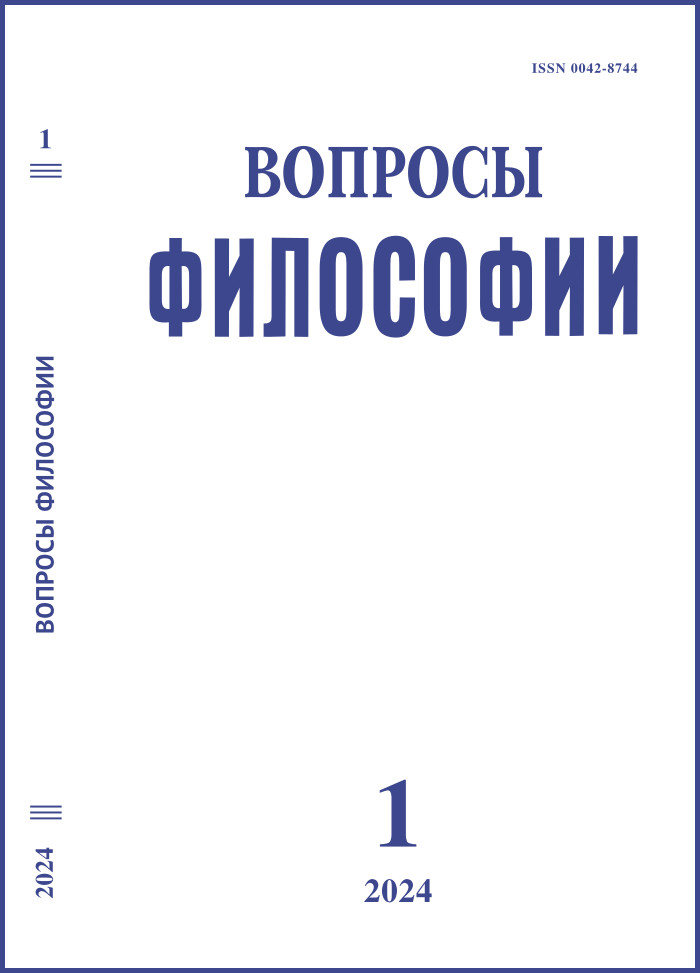Who Are You, Pan Melmoth? Gustav Shpet’s Res Publica and Mikhail Prishvin’s Inner House as an Overcoming of Melmothism
DOI:
https://doi.org/10.21146/0042-8744-2024-1-143-149Keywords:
G.G. Shpet, M.M. Prishvin, diary, Melmoth the Wanderer, Melmothism, Res publica, “inner house”.Abstract
The formal reason for writing this text was the character mentioned in the letters of Gustav G. Shpet to Mikhail M. Prishvin’s cousin Natalia I. Ignatova written in 1936–1937 – Pan Melmoth. Whom Shpet called that remains a mystery to us today. Indeed, Melmoth (if we follow the characterization of Maturin, who created this character) in Shpet’s circle could have been many, but it is most likely (at the moment) that Boris I. Yarkho is hiding under this name (although this is a topic for
another article). Nevertheless, in search of the exact Pan Melmoth, we came to the problem of Melmothism in Russian intellectual culture of the 19th – 20th centuries. Melmoth the Wanderer is considered by us not only as a proper name (the bearer of which remains hidden to us), but also as a common noun, i.e. as a type or representative (in Shpet’s language) of a certain layer of society, namely the Russian opposition intelligentsia, which, like Melmoth, was never satisfied with reality and was negatively dependent on the existing social structure (where its internal duality came from). In Russian literature Pushkin’s Eugene Onegin, Lermontov’s Demon, Dostoevsky’s Stavrogin and others are endowed with the features of such a typical Melmoth. Melmothism is to a certain extent synonymous with a special expression of a skeptical mindset (active), which is tamed only by positive intellectual work. We find ways to overcome Melmothism in Shpet’s reasoning about his philosophical activity as Res publica (a public affair) and, paradoxically, in M.M. Prishvin, who in his diaries reflected on the inner home, where the person himself creates a different dominance that allows the individual to preserve himself even in an aggressive external environment.

